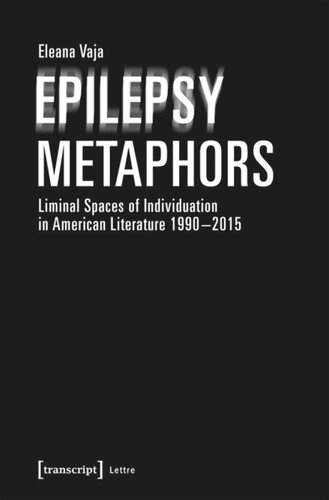

Most ebook files are in PDF format, so you can easily read them using various software such as Foxit Reader or directly on the Google Chrome browser.
Some ebook files are released by publishers in other formats such as .awz, .mobi, .epub, .fb2, etc. You may need to install specific software to read these formats on mobile/PC, such as Calibre.
Please read the tutorial at this link: https://ebookbell.com/faq
We offer FREE conversion to the popular formats you request; however, this may take some time. Therefore, right after payment, please email us, and we will try to provide the service as quickly as possible.
For some exceptional file formats or broken links (if any), please refrain from opening any disputes. Instead, email us first, and we will try to assist within a maximum of 6 hours.
EbookBell Team

0.0
0 reviewsBetween 1990 and 2015, American literature saw the emergence of a new corpus of epilepsy metaphors which tackle the stigma of epilepsy within three areas: society, body, and language. Eleana Vaja introduces concepts such as protometaphors, relational metaphors, epileptic texts, and metastability to categorize and examine these foci further. Applying philosophy as well as "hard sciences" (i.e. mathematics, medicine, physics) to disability studies, her study of selected works by Siri Hustvedt, Thom Jones, Reif Larsen, Dennis Mahagin, Audrey Niffenegger, Rodman Philbrick, and Lauren Slater shows how epilepsy metaphors redefine the notion of the "liminal" and the "normal".